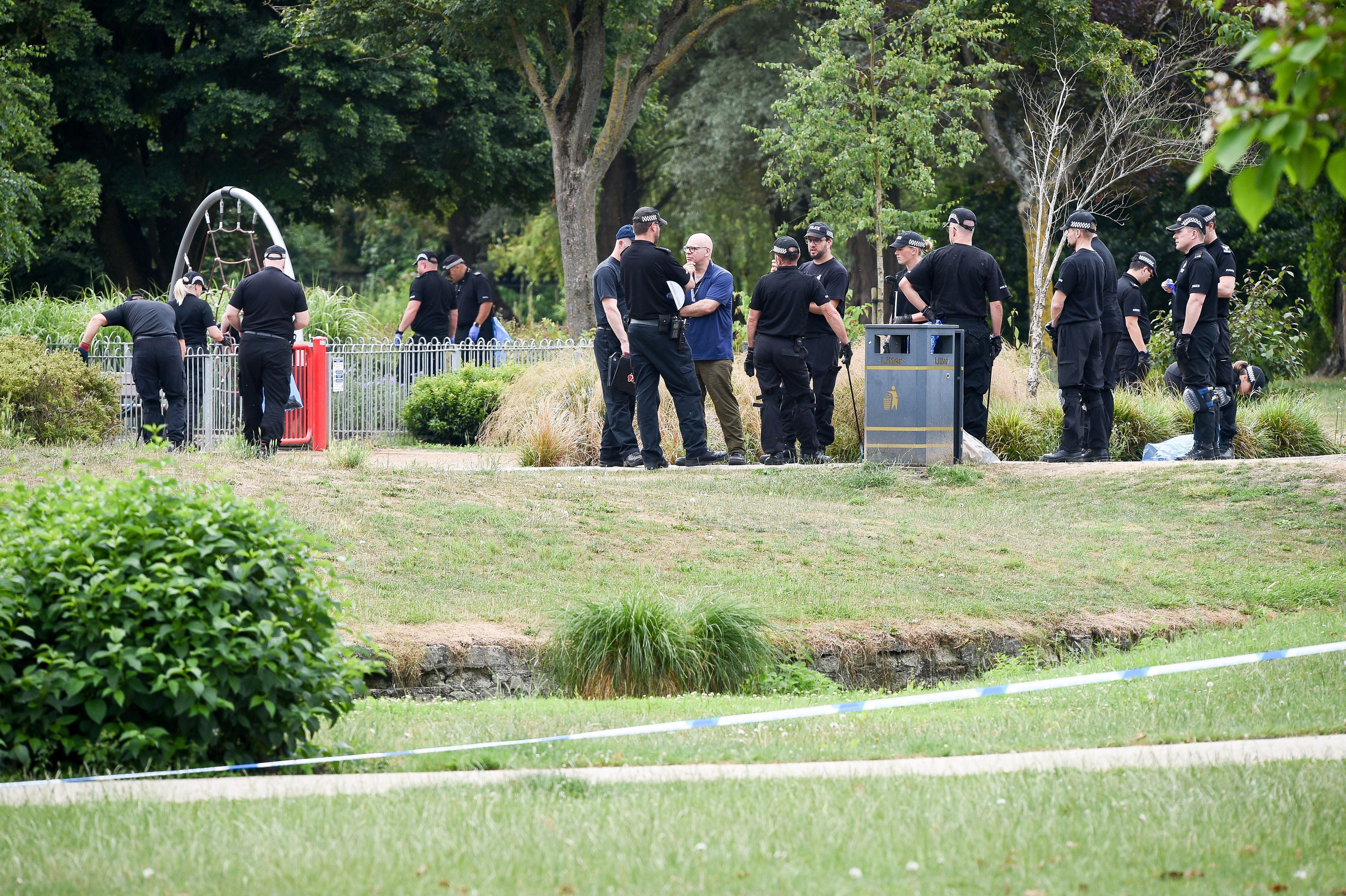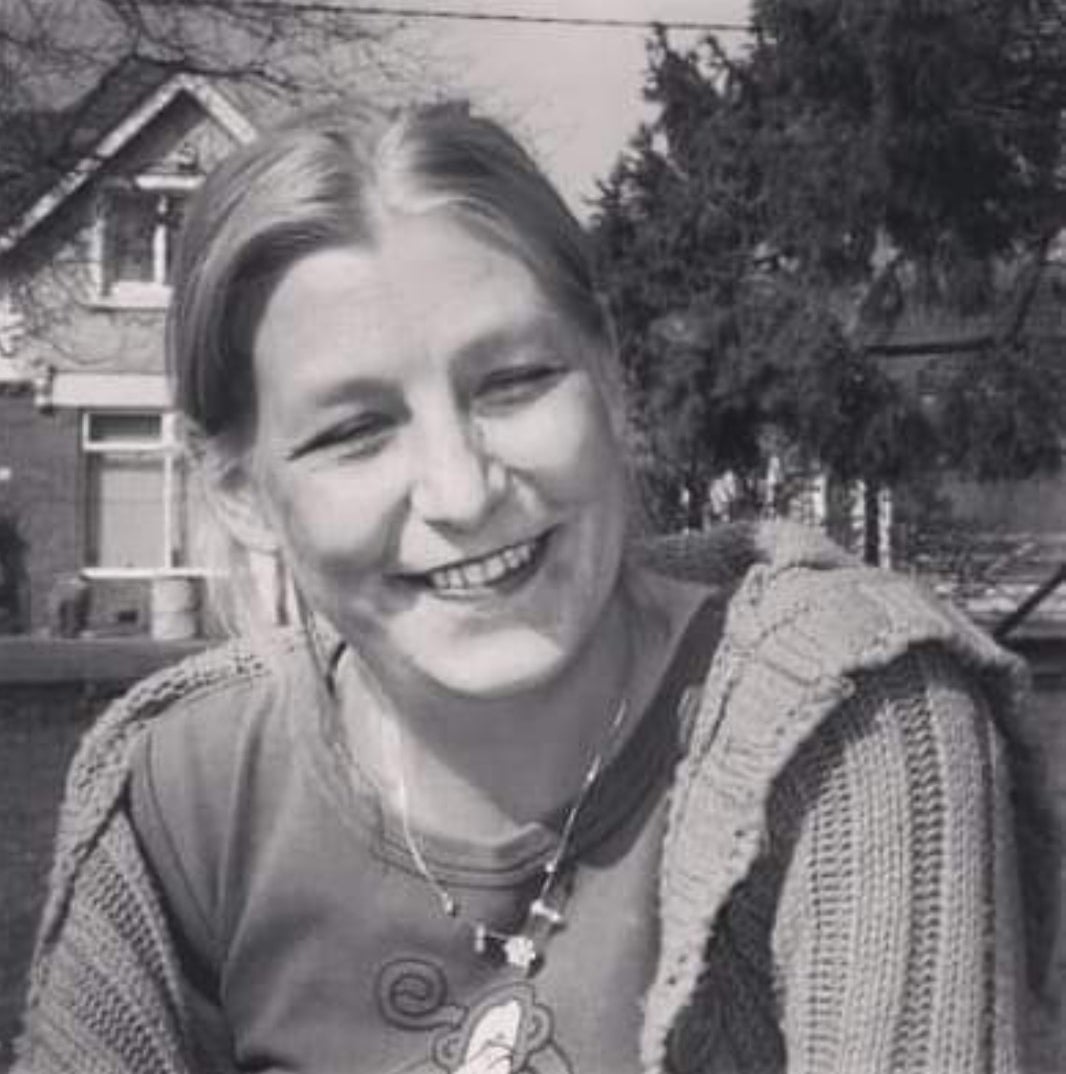Salisbury poisoning: Counter-terror police ‘left officers feeling they were overreacting’
The inquiry was told officers had searched on Google for information on the Skripals

Your support helps us to tell the story
From reproductive rights to climate change to Big Tech, The Independent is on the ground when the story is developing. Whether it's investigating the financials of Elon Musk's pro-Trump PAC or producing our latest documentary, 'The A Word', which shines a light on the American women fighting for reproductive rights, we know how important it is to parse out the facts from the messaging.
At such a critical moment in US history, we need reporters on the ground. Your donation allows us to keep sending journalists to speak to both sides of the story.
The Independent is trusted by Americans across the entire political spectrum. And unlike many other quality news outlets, we choose not to lock Americans out of our reporting and analysis with paywalls. We believe quality journalism should be available to everyone, paid for by those who can afford it.
Your support makes all the difference.Counter-terrorism police left officers in Salisbury feeling as if they were “overreacting and completely making things up” when they suggested an ex-Russian spy may have been poisoned.
An email from April 2021 from Wiltshire Police Inspector Gill Hughes said special branch had been “very dismissive” of the information provided about Sergei Skripal’s poisoning by the force’s control room.
Wiltshire Police, which the Dawn Sturgess Inquiry heard is the third smallest force in the country, was also told by counter-terrorism police that they were “not aware” that Mr Skripal was housed in Salisbury and “were not taking any further action”.
The inquiry was told officers had searched on Google for information on the Skripals and had found articles describing Mr Skripal as a “former Russian intelligence officer convicted of spying for the UK”.
Emails exchanged in the days after the Novichok poisoning of Mr Skripal and his daughter Yulia, between counter-terrorism officers, expressed concerns over the Wiltshire force “disturbingly” removing officers from guarding the cordon at Mr Skripal’s address.

Counsel to the inquiry Andrew O’Connor KC questioned Deputy Chief Constable Paul Mills about the removal of officers from the “extraordinarily dangerous” cordon, saying: “It does seem pretty extraordinary that potentially it was being left unattended at night?”
DCC Mills responded: “If that was the case I would be significantly concerned in relation to that.”
Mr O’Connor continued: “That is what’s being said here, isn’t it?”
The officer replied: “Yes – again I’m reading an email but if that’s what’s said and that’s what’s happened, yes, very concerning.”
The counsel to the inquiry then asked: “You’re reading an email about Wiltshire Police officers not manning the cordon and you were, still are, the deputy chief constable of Wiltshire Police, are you not?”
DCC Mills said: “I am indeed.”
Mr O’Connor continued: “So it does seem that this was a very important and pressing matter that was being raised, doesn’t it?”
The officer said: “I would agree.”
The emails from counter-terrorism police were shown to the probe after one from Insp Hughes, which said: “With the information shared (special branch) did not appear to show any interest in what we were concerned about, and from memory was very dismissive and acting totally that we were overreacting despite concerns from our CBRN (Chemical, Biological, Radiological and Nuclear) (adviser) who had observed the body warn (sic) video and appeared to be the same person as identified on internet.
“Despite trying to confirm that actions were being completed by SB, he came back and said that SB were not aware that Skypiral (sic) was housed in Salisbury and that they were not taking any further action.
“This resulted in me getting Supt Corner to call him direct to discuss.
“All the delays in confirming who it was/concerns it could be CBRN meant that the hospital was not advised of our concerns and the subsequently potentially impacting the medical treatment.”
Insp Hughes added: “What would have been good to know or at least advise was that it was being treated as serious where as we were left believing that SB and London were just thinking we were overreacting and completely making things up that were not there.”
Both sets of emails were shown to the inquiry after former police officer Nick Bailey, who was also poisoned with Novichok, held back tears as he gave evidence about how the incident had affected him mentally and physically.
Mr Bailey was contaminated after the nerve agent was smeared on Mr Skripal’s door handle in Salisbury in March 2018.
The poisoning of Mr Bailey followed the attempted murder of Mr Skripal and his daughter Yulia and came a few months before Ms Sturgess, 44, died after being exposed to Novichok left in a discarded perfume bottle in nearby Amesbury, Wiltshire.
Questioning Mr Bailey on his recollection of events on Thursday, counsel to the inquiry Francesca Whitelaw KC said: “It is fair to say the poisoning had a very significant mental and physical impact on you.”
Mr Bailey appeared to well up as he nodded in response to Ms Whitelaw.
At the beginning of his evidence, Mr Bailey said: “My recollection of the events of March 2018 is hazy at best.
“I spent a lot of time dealing with it when it happened and dealing with the aftermath of it, processing it, and I got to a point where the only way for me to kind of move on from it was to stop thinking about it and to close it off.
“So it’s been some time since I have actually had to then go back to those events – so yes, my memory of the incident isn’t the best.”
Mr Bailey frequently referred to his witness statement throughout his evidence and recalled a colleague calling the control room to say “a Russian spy has been poisoned”.
He told the inquiry: “It is not something that I had heard before and it’s not something I had thought I would ever hear again.
“It was a bizarre incident.
“I remember thinking ‘I will never hear that phrase on a Wiltshire Police radio again’.”
Mr Bailey was then asked to recall entering Mr Skripal’s address, detailing everything he touched in the house.
He also spoke of how his symptoms worsened overnight after being poisoned, with him feeling “incredibly hot” and sweating.
Mr Bailey said: “Overnight, I would describe it as getting a lot worse.
“I went down at around five in the morning because I was freaking out a little and my vision was impaired.
“Once I turned the lights on, everything was crystal clear and it was juddered as opposed to being a smooth motion of looking around.
“It was almost in frames – it was quite scary.”
The inquiry chairman Lord Hughes concluded Mr Bailey’s evidence by saying: “I am very conscious you have had to relive a very nasty experience but it was necessary and thank you for doing it.”
The inquiry continues.